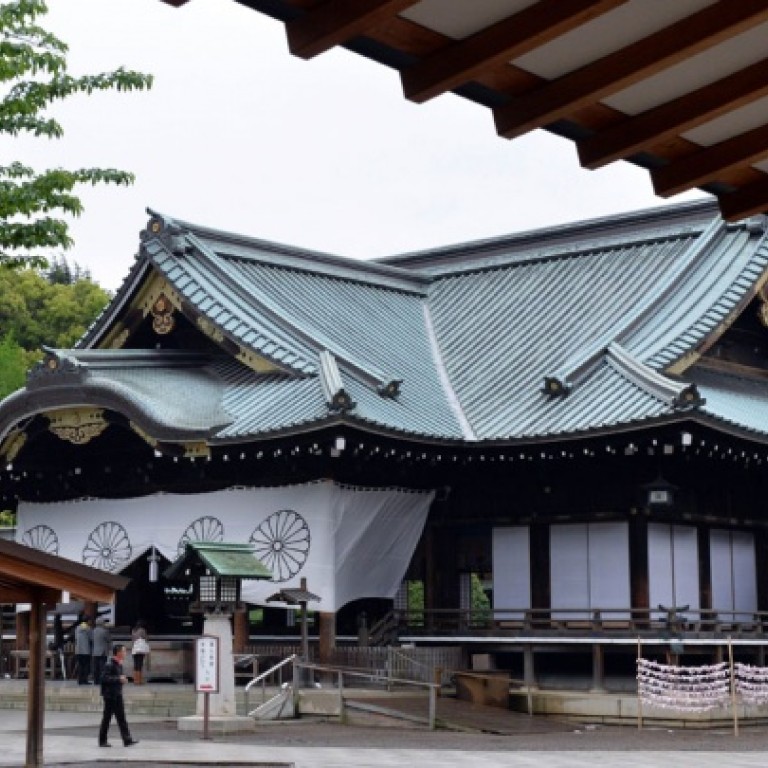
How they see it
Japanese ministers' visit to war shrine
1. The Asahi Shimbun
We have to wonder what the Shinzo Abe administration has in mind when it comes to Japan's strained relations with its neighbours. Deputy Prime Minister Taro Aso and two cabinet members visited war-related Yasukuni Shrine. South Korea [then] decided to cancel Foreign Minister Yun Byung-se's scheduled trip to Japan. [and] China's Foreign Ministry has filed a "stern protest" with Japan. Such visits to the shrine, which honours Japan's war dead as well as 14 convicted Class-A war criminals, inevitably raise questions about Japan's wartime history. Yet one of the top-priority diplomatic challenges now facing Japan is how to work closely with China and South Korea to deal with North Korea. (Tokyo)
2. Global Times
Frictions between China and Japan have resurfaced after 168 Japanese lawmakers paid their respects at the Yasukuni Shrine, which glorifies war-dead including those guilty of atrocities. China and South Korea have shown their shared outrage over the Yasukuni Shrine issue, but Japan seems to have disregarded this. The Chinese government is taking the lead in dealing with Japan. However, it has little leverage when dealing with various forces within Japan. This means the Chinese government's stance has to be tough. Japan lacks a clear strategy in East Asia. Encountering China's rise, it hasn't formed a policy that helps it maximise its interests, and instead shows resentment and anxiety. (Beijing)
3. The Korea Herald
Foreign Minister Yun Byung-se must have been disappointed with Japan's blindness to its wartime atrocities disrupting his first outing abroad since taking office, which he might have hoped would kick off his initiative to consolidate partnerships with key neighbours in resolving nuclear threats from North Korea. In protest at visits by Japanese cabinet ministers to a controversial war shrine, Yun cancelled his trip to Tokyo. It would do no good for Japan's efforts to assume leading roles in the international community for its leaders to visit the shrine that glorifies Japan's past militarism. The cancellation of Yun's trip came as Seoul and Tokyo need close co-operation in dealing with dangers posed by Pyongyang. (Seoul)
